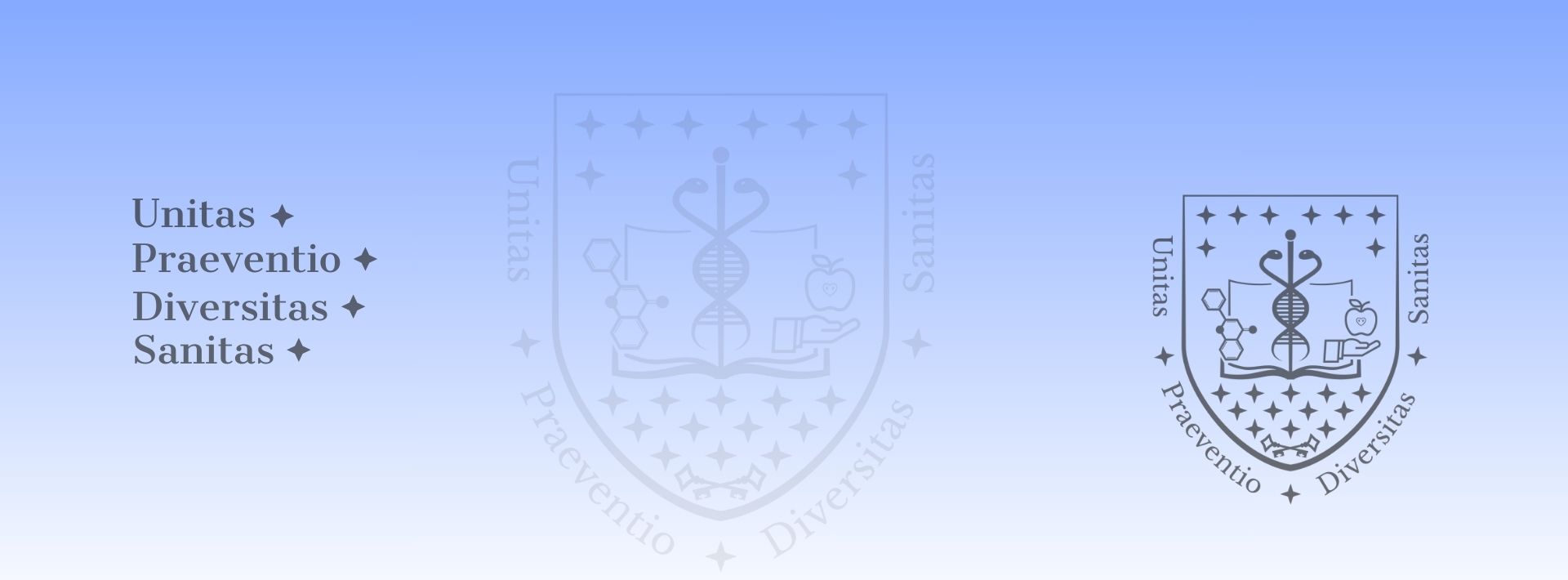Adatok
A Tantárgybejelentőben megadott hivatalos adatok az alábbi tanévre: 2024-2025
Tantárgyfelelős
-
Marek Erika Mária
associate professor,
Department of Public Health Medicine
Óraszámok/félév
előadás: 12 óra
gyakorlat: 0 óra
szeminárium: 0 óra
összesen: 12 óra
Tárgyadatok
- Kód: OXF-GVE-h-T
- 1 kredit
- General Medicine
- Optional modul
- autumn
Nincs
Kurzus létszámkorlát
min. 5 fő – max. 16 fő
Campus kurzusként elérhető . Campus-karok: ETK
Tematika
In our globalizing world, increasing international trade, transport, tourism and migration, as well as phenomenons affecting the entire Earth, such as climate change, in addition to natural disasters or armed conflicts requiring global cooperation, will inevitably result in the arise of ‘global health emergencies’. The aim of this interactive course is to draw the attention of medical students to these ’global health emergencies’: what can we learn from these emergencies and from their solutions, what are the main recent global health initiatives (GHIs). During the semester all students have to prepare and present an individual ’global health emergency’ case study allowing the future transformation of this course into a ’blended learning’ course. The course will also equip students with open-minded and empathetic attitude in approaching recent global problems from global perspectives.
Előadások
- 1. Principals of global health: terms and defintitions, global health indicators, significant global health issues and emergencies, and main actors of global health initiatives. Early warning and surveillance systems (epidemic intelligence, EpiPulse, International Health Regulation). - Marek Erika Mária
- 2. How to complete and report a global health case study? Emergency background and root causes, data collection and situation analysis; efforts on response, difficulties and lessons learnt (case study template). Presentation and discussion of a sample case study: The success story of smallpox eradication. Distribution of student’s cases and recommended literature (up to 16 topics). - Marek Erika Mária
- 3. Global health emergencies 1. Disease outbreaks: pandemics. Students’ presentation and common discussion. 1. Coronavirus disease (COVID-19) pandemic and global response 2. Global fight against HIV/AIDS pandemic: from 1981 to date - Marek Erika Mária
- 4. Global health emergencies 1. Disease outbreaks: pandemics. Students’ presentation and common discussion. 3. Pandemics through the history: Black death/plague in Middle ages (lessons learnt and public health achievements) 4. Pandemics through the history: Spanish Flu in the beginning of the 20th century (1918-1920) - Marek Erika Mária
- 5. Global health emergencies 2. Humanitarian crises. Students’ presentation and common discussion. 1. Public health and humanitarian aspects of selected natural disasters: ie. 2023 Earthquake in Turkey and Syria, or Tsunami in Indonesia (2004), etc. 2. Yemen OR North-Ethiopian humanitarian crisis - Marek Erika Mária
- 6. Global health emergencies 2. Humanitarian crises. Students’ presentation and common discussion. 3. Humanitarian crisis in Sahel region of Africa (Nigeria, Chad, and Mali, etc.) 4. Drought, food insecurity and humanitarian crisis in the Horn of Africa (Somalia, Kenya, Ethiopia, and South-Sudan) - Marek Erika Mária
- 7. Global health emergencies 3. Crises in conflict zones. Students’ presentation and common discussion. 1. Ukraine crisis: health and public health consequences (2022- ) 2. Syria OR Iraq crisis: health and public health consequences (2013-) - Marek Erika Mária
- 8. Global health emergencies 3. Crises in conflict zones. Students’ presentation and common discussion. 3. Afghanistan and Pakistan crisis and Polio situation 4. Military conflicts in Africa and their health/public health consequencies - Marek Erika Mária
- 9. Global health emergencies 4. Disease outbreaks (local or regional). Students’ presentation and common discussion. 1. Ebola outbreaks in West Africa: ie. Congo (2017-2020), Guinea (2014-16 and 2021), and Uganda (2022) - Marek Erika Mária
- 10. Global health emergencies 4. Disease outbreaks (local or regional). Students’ presentation and common discussion. 3. Zika virus disease outbreak (2015-2016) 4. Mpox (monkeypox) outbreak (2022- ) - Marek Erika Mária
- 11. Consolidation and reflection: what are the main lessons learnt from these global health emergencies and case studies for the future? - Marek Erika Mária
- 12. Final assessment: written test - Marek Erika Mária
Gyakorlatok
Szemináriumok
A tananyag elsajátításához szükséges segédanyagok
Kötelező irodalom
Saját oktatási anyag
The slides of the lectures and other educational materials will be available for students both on the Department's website, on Teams and on the POTEPedia interface.
Jegyzet
Ajánlott irodalom
Richard L. Skolnik: Global Health 101., third edition. Jones and Barlett Learning, 2016. US. ISBN 978-1-284-05054-7
World Health Organization: https://www.who.int/emergencies/situations
Centers of Disease Control and Prevention. Center for Global Health (CGH): https://www.cdc.gov/GlobalHealth/
European Centre for Disease Prevention and Control: https://www.ecdc.europa.eu/en
A félév elfogadásának feltételei
Active participation at lectures (85% at least), and successful completition of the final written test.
Félévközi ellenőrzések
In order to complete the course, all students have to prepare and present an individual 'global health emergency' case study, and the evaluation is based on the successful completion of a final written test.
Távolmaradás pótlásának lehetőségei
Based on preliminary discussion with the course leader.
Vizsgakérdések
The exam will be based on the lectures and the recommended readings.
